Have you ever wondered why your feline friend seems to know exactly when you need a cuddle, or how your cat quietly slips onto your lap just as you’re feeling down? Cats have always had an uncanny ability to sense our emotions, often outshining their canine counterparts. While dogs are celebrated for their enthusiasm and loyalty, cats possess a mysterious sensitivity that allows them to effortlessly pick up on the subtlest shifts in human moods. This article will take you on a fascinating journey into the world of cats and reveal why these graceful creatures are masters at reading and responding to our emotional states.
Instinctive Sensitivity to Emotional Cues

Cats are naturally attuned to subtle changes in their environment, including human body language and tone of voice. Their survival instincts, honed over thousands of years, have made them excellent at picking up on even the smallest shifts in behavior or mood. Unlike dogs, who often rely on overt signals, cats observe and react to the tiniest details, such as a sigh or a gentle frown. This heightened sensitivity allows them to respond in ways that often feel uncannily appropriate. Their quiet presence can be immensely comforting during times of stress or sadness, and many cat owners find their feline companions intuitively know when to offer support. It’s as if cats are emotional detectives, always aware of what’s happening beneath the surface.
Subtle Communication Skills
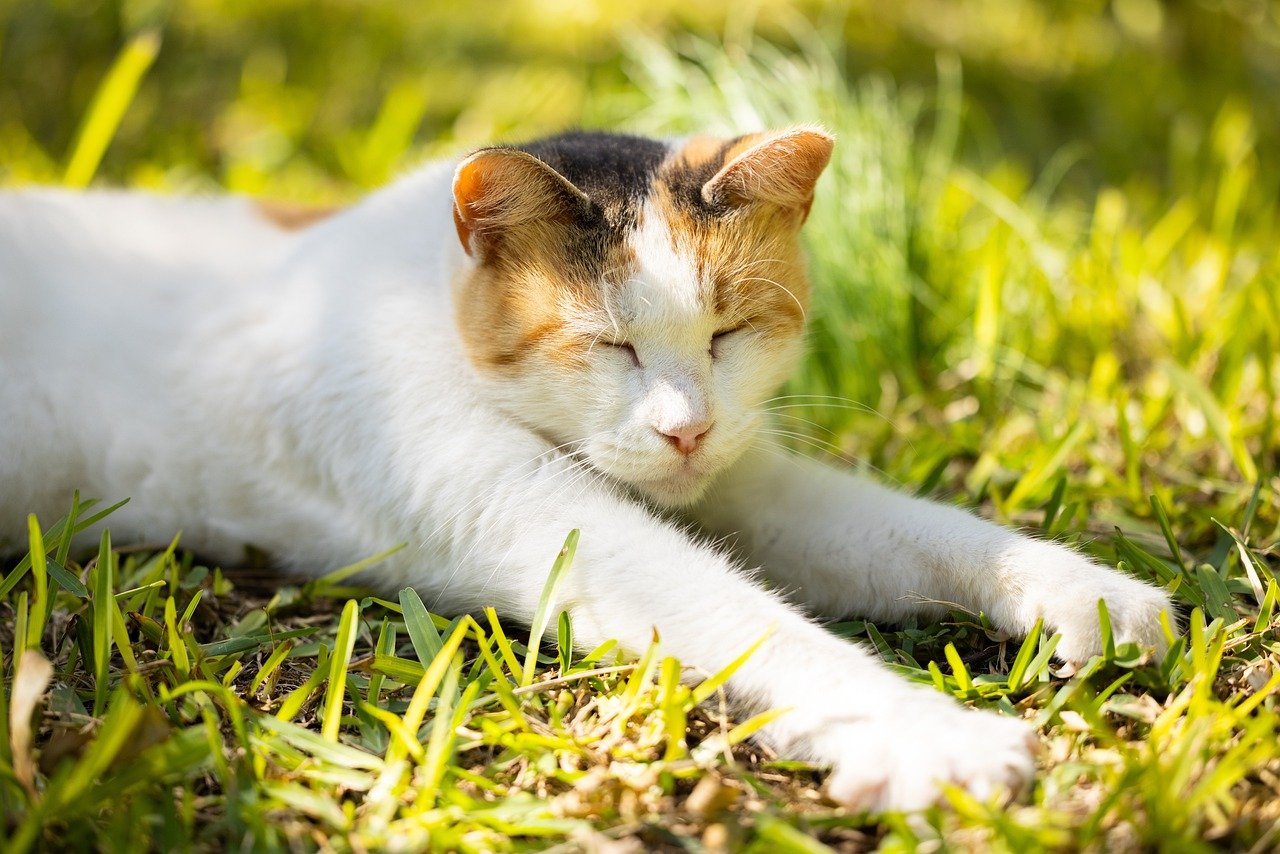
Cats excel at communication that’s often understated yet powerful. Rather than barking or jumping, cats might use a gentle headbutt, a soft purr, or a slow blink to show empathy and affection. These subtle gestures can speak volumes, especially to someone feeling vulnerable or overwhelmed. While dogs may be more demonstrative, sometimes their exuberance can feel overwhelming if you’re already upset. In contrast, a cat’s gentle touch or quiet companionship offers solace without intruding. This unique style of communication is one reason cats often seem to know exactly what we need—sometimes even before we do.
Expert Observers of Human Routine

Cats are masters at watching and learning from their humans. They notice daily routines, patterns, and even minor changes in behavior. If you come home later than usual or seem distracted, your cat is likely to pick up on these differences. This keen observation helps them adjust their behavior to suit your mood. For example, a cat might approach quietly and settle nearby when you look tired, or they might keep their distance if you’re agitated. Their ability to read the room and respond accordingly is truly impressive and sets them apart from many other pets.
Calming Presence in Times of Stress

There’s something incredibly soothing about the presence of a cat. Numerous studies have shown that simply petting a cat can lower stress hormones and reduce anxiety. Cats often gravitate toward their owners when they sense distress, offering a quiet, steady presence that’s deeply comforting. Their rhythmic purring has even been linked to healing and relaxation, acting like a living lullaby. Unlike dogs, who may become excited or anxious in stressful situations, cats maintain a calm demeanor that can help anchor their humans in moments of emotional turbulence.
Adaptability to Human Emotions

One of the most remarkable things about cats is their adaptability. They are quick to adjust their behavior based on the emotional climate of their surroundings. If you’re feeling happy and energetic, your cat might initiate play or engage in playful antics. On the other hand, if you’re sad or exhausted, they’ll likely become more subdued, choosing to snuggle quietly or simply be close by. This flexibility allows them to be the perfect companion for every mood, offering exactly what’s needed in each moment.
Unmatched Empathy and Intuition

Cats are often described as having a sixth sense when it comes to understanding human emotions. Their empathy isn’t always flashy, but it’s incredibly deep. Many cat owners have stories of their felines coming to comfort them during difficult times, sometimes even before tears begin to fall. It’s as if cats can sense emotional energy and respond with gentle, intuitive care. This ability to “just know” is what makes cats truly special and often leads people to form profound emotional bonds with their pets.
Respect for Personal Space

Unlike many dogs, who may insist on attention regardless of your mood, cats are respectful of personal boundaries. They seem to understand when you need space and when you crave company. If you’re not ready to be comforted, a cat might simply sit nearby, offering silent support without demanding interaction. This respect for your needs can be incredibly comforting, especially during times when you might not want to talk or be touched. Cats give you room to process your emotions, but are always there when you’re ready.
Quiet Companionship During Difficult Moments

There are times when words can’t express what you’re feeling, and during those moments, a cat’s quiet companionship can make all the difference. Cats don’t pressure you to “cheer up” or “move on.” Instead, they offer silent solidarity, sitting beside you or curling up at your feet. This kind of support is invaluable during grief, loneliness, or heartbreak. Their calm, steady presence can provide a sense of security and understanding that words often fail to convey.
Selective Affection as a Comfort
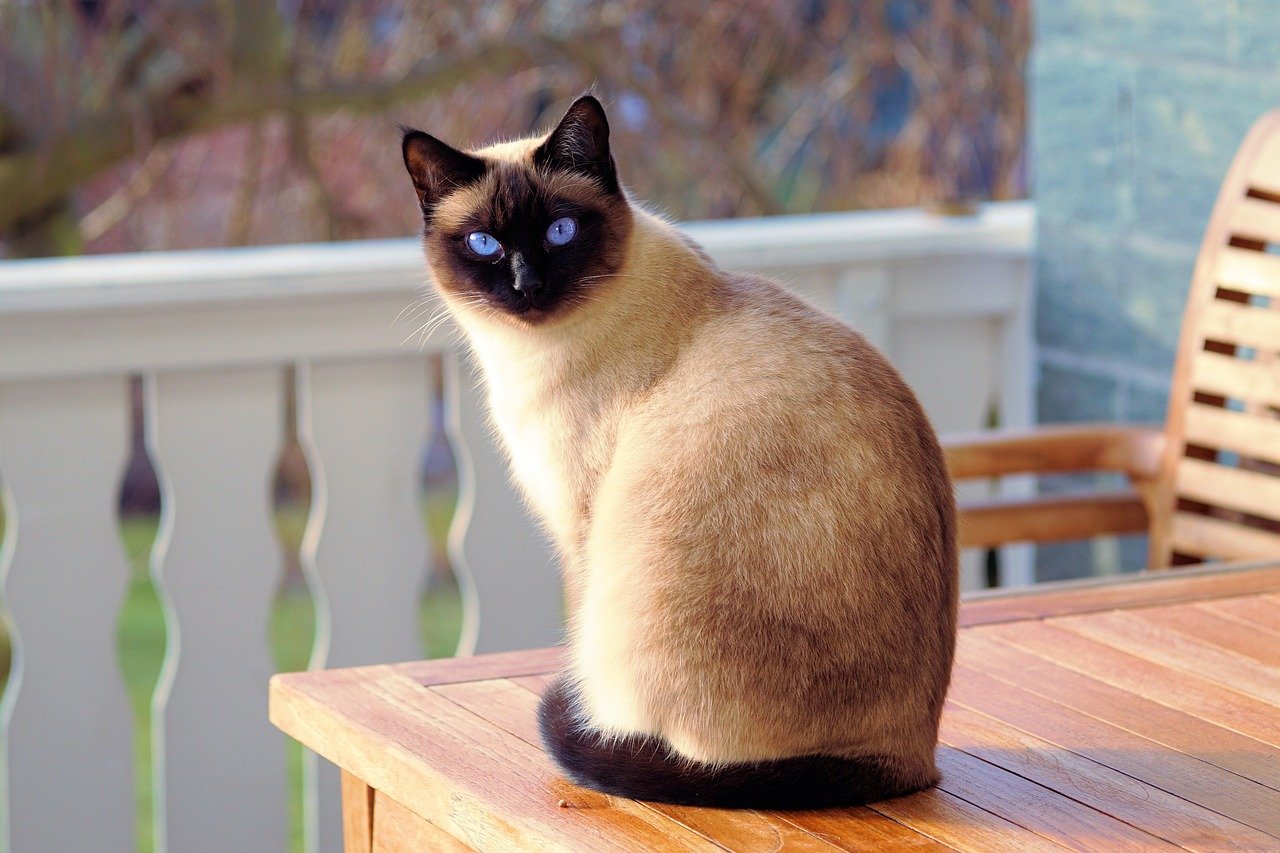
Cats are known for being selective with their affection, which makes their gestures of love feel incredibly special. When a cat chooses to curl up in your lap or nuzzle your hand, it’s a clear sign that they care. This selectivity can make their comfort even more meaningful during tough times. It’s as if your cat is saying, “I’m here for you,” in their own unique way. The exclusivity of their affection can be a powerful balm for the soul, especially when you’re feeling isolated or misunderstood.
Ability to Sense Physical and Emotional Pain

Many cat owners have noticed that their furry companions seem to know when they’re not feeling well—emotionally or physically. Cats may curl up next to you when you’re sick, or become more attentive when you’re feeling blue. Some research suggests that cats can detect changes in body temperature, breathing, and even scent, which helps them recognize when something is off. This keen awareness allows them to offer comfort exactly when it’s needed most.
Unique Purring Mechanism for Healing
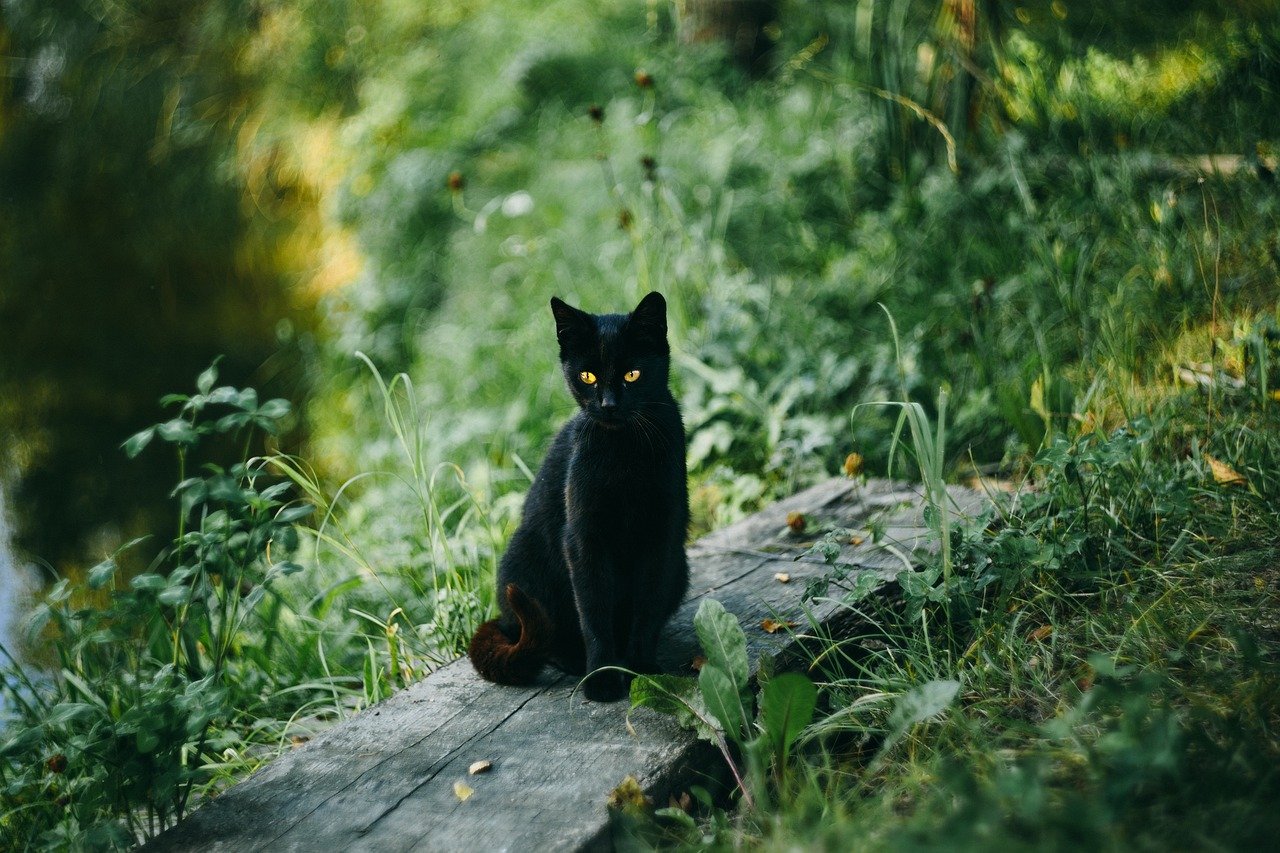
Cat purring is more than just a sign of contentment—it’s a therapeutic mechanism with real benefits. The vibrations from a cat’s purr have been shown to reduce stress, lower blood pressure, and even help with healing injuries. When you’re feeling down, a purring cat in your lap can feel like a warm, soothing hug. Unlike dogs, whose comfort often comes in the form of energetic play or excitement, a cat’s healing purr provides peace and tranquility that can help you recover emotionally and physically.
Ability to Provide Solitude Without Loneliness

Cats are experts at offering companionship without being overbearing. They can be in the same room with you for hours, quietly sharing your space without demanding attention. This ability to provide company without crowding you is especially important for people who need solitude to process their emotions. You never feel truly alone with a cat nearby, even if you’re both simply enjoying a quiet afternoon together.
Low-Key Support for Introverts

For those who are more introverted, cats are often the perfect emotional companions. They don’t require constant interaction or loud displays of affection. Instead, they offer subtle, low-key support that fits naturally into quieter lifestyles. A cat’s gentle presence can provide reassurance and comfort without overwhelming you, making them an ideal pet for anyone who values peace and introspection.
Preference for Emotional Stability
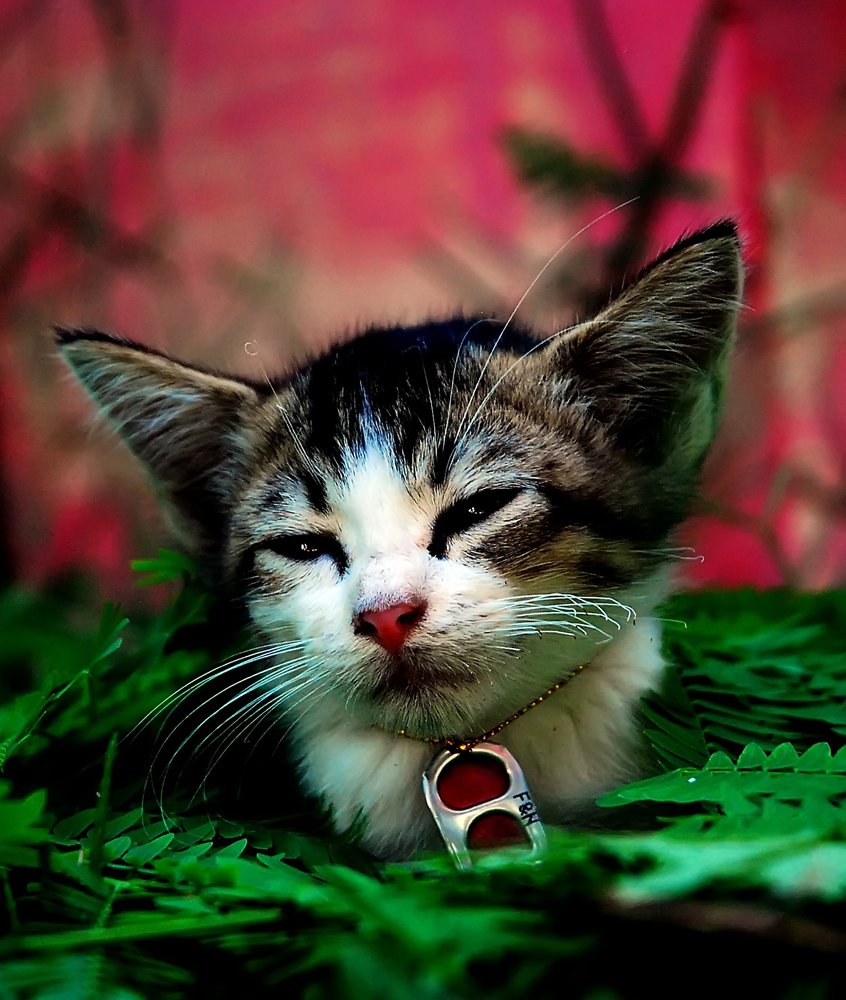
Cats thrive in environments where emotions are balanced and stable. They often act as emotional barometers, helping to maintain peace and harmony at home. If tension rises, a cat may become more cautious or retreat to a safe space, gently encouraging their humans to calm down. Their preference for serenity can inspire their owners to seek emotional stability, benefiting everyone in the household.
Encouragement of Mindfulness and Presence

Living with a cat encourages mindfulness and being present in the moment. Watching a cat stretch in a sunbeam or peacefully groom themselves can draw you out of your worries and into the here and now. Their tranquil demeanor serves as a reminder to slow down and appreciate simple pleasures. This mindfulness can help ease anxiety and foster a deeper connection with your own emotions.
Silent Support in Times of Grief
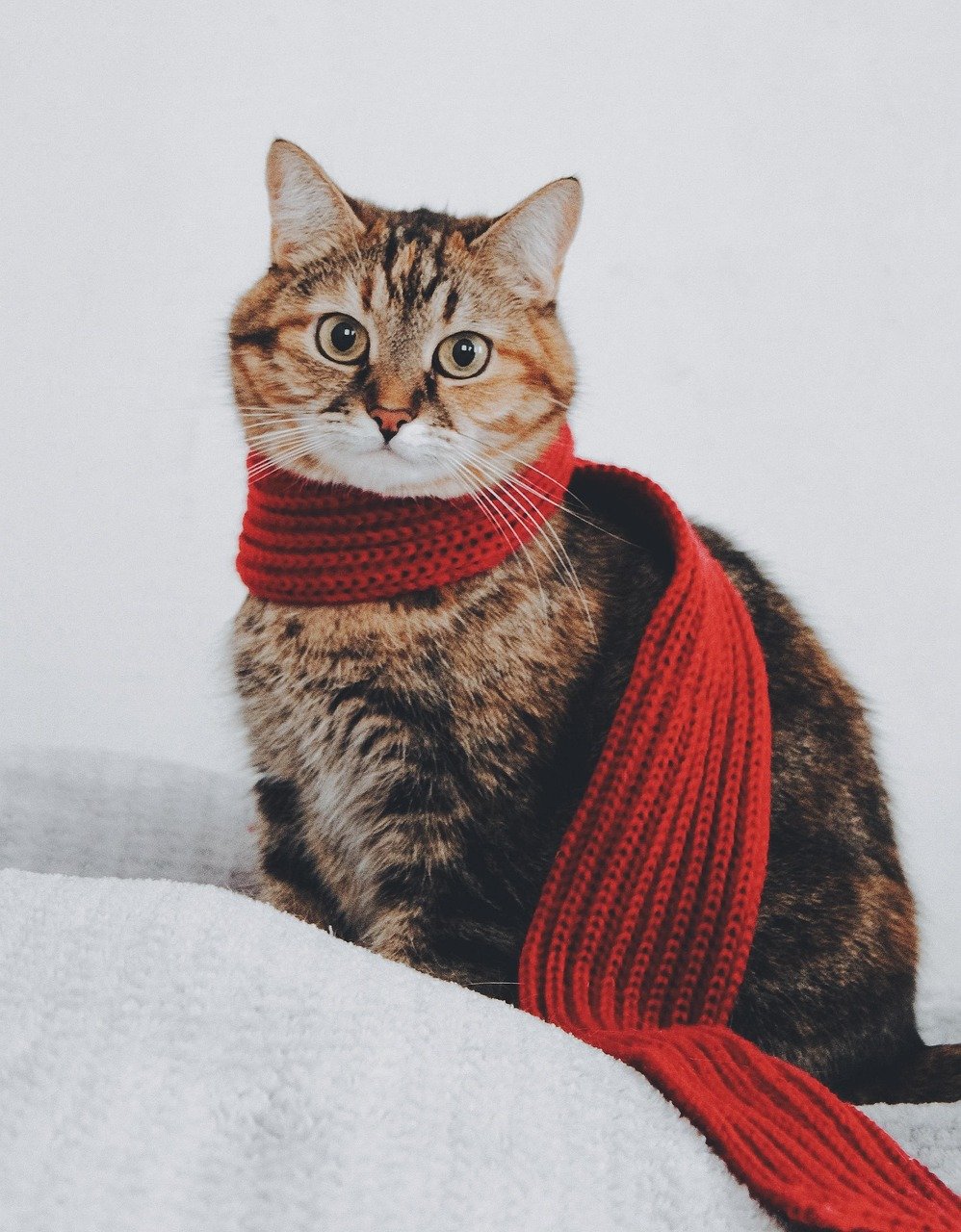
Grief is a deeply personal experience, and many people find that cats provide the perfect support during these painful times. They don’t ask questions or offer advice—they simply sit with you, providing silent companionship that feels profoundly comforting. Cats seem to understand when words aren’t enough, and their soothing presence can help you process loss in your own way and time.
Reluctance to Overwhelm Owners

Cats are unlikely to overwhelm you with their emotions or needs, which can be a relief when you’re struggling with your own feelings. They don’t bark, jump, or demand constant attention. Instead, they offer calm, measured interactions that respect your emotional state. This reluctance to impose makes cats especially attuned to navigating your moods with care and sensitivity.
Encouragement to Express Vulnerability

Having a cat around can make it easier to be vulnerable. Their nonjudgmental presence allows you to let your guard down and express your true feelings. You might find yourself talking to your cat about your day, or simply allowing yourself to cry in their company. Cats provide a safe space for emotional expression, free of expectations or criticism.
Ability to Adapt to Owner’s Lifestyle
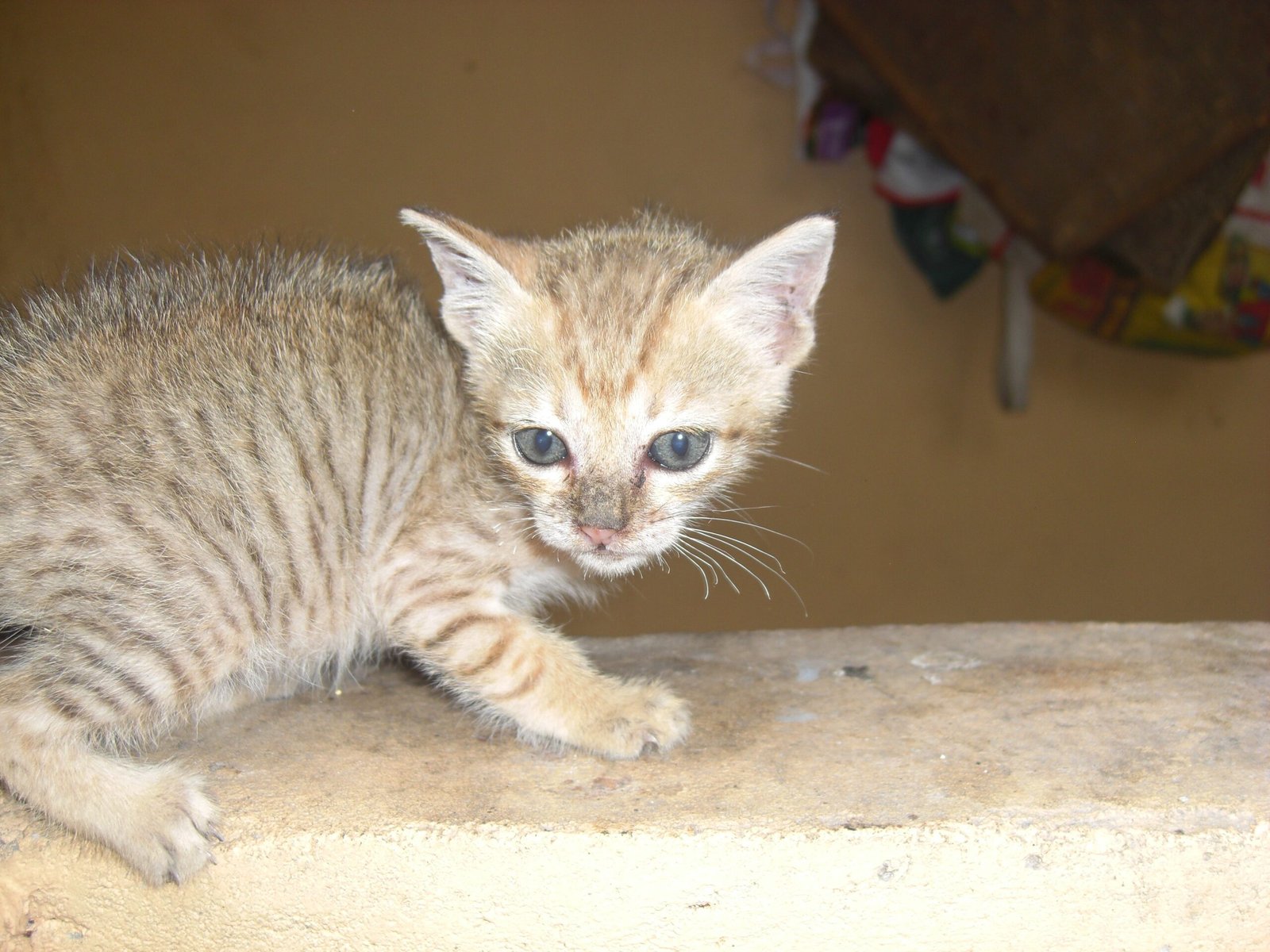
Cats are famously adaptable, capable of fitting into a wide range of lifestyles. Whether you’re a busy professional, a homebody, or someone who travels frequently, your cat will adjust to your rhythm. This adaptability extends to their emotional support—they’re there when you need them, but can also entertain themselves when you’re preoccupied. Their flexibility is a big part of what makes them such effective emotional companions.
Offering a Sense of Mystery and Wonder
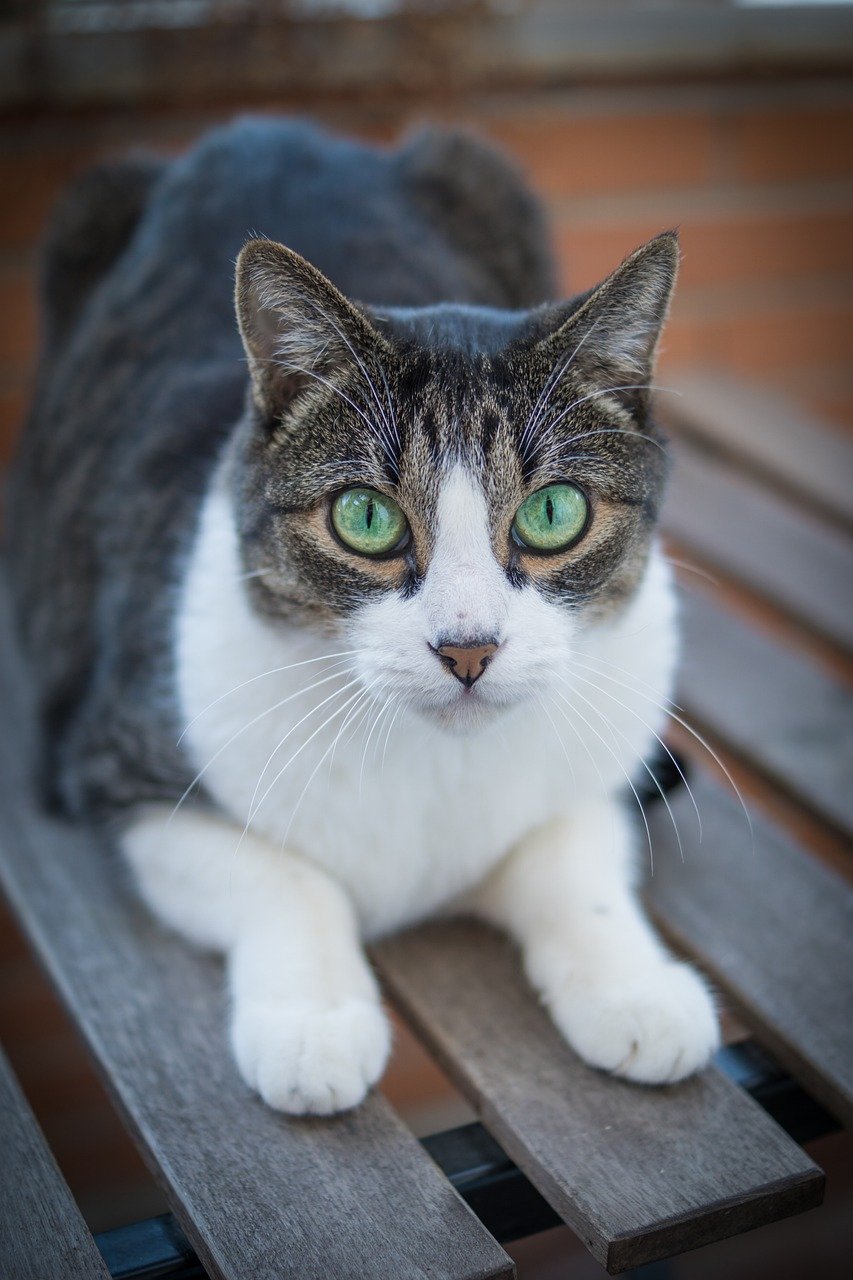
There’s an undeniable magic to the way cats move through the world. Their mysterious nature adds a sense of wonder to everyday life, inviting curiosity and delight. This sense of mystery can be uplifting, especially during difficult times. It reminds us that there’s always more to discover, both about our feline friends and ourselves.
Fostering Emotional Growth in Owners

Caring for a cat can help people develop greater emotional awareness and empathy. As you learn to read your cat’s moods and needs, you become more attuned to your own emotions as well. This mutual understanding creates a deep bond that benefits both you and your feline companion. Cats inspire us to be more patient, gentle, and mindful, nurturing emotional growth in ways we might never expect.
Hi, I’m Bola, a passionate writer and creative strategist with a knack for crafting compelling content that educates, inspires, and connects. Over the years, I’ve honed my skills across various writing fields, including content creation, copywriting, online course development, and video scriptwriting.
When I’m not at my desk, you’ll find me exploring new ideas, reading books, or brainstorming creative ways to solve challenges. I believe that words have the power to transform, and I’m here to help you leverage that power for success.
Thanks for stopping by, Keep coming to this website to checkout new articles form me. You’d always love it!





